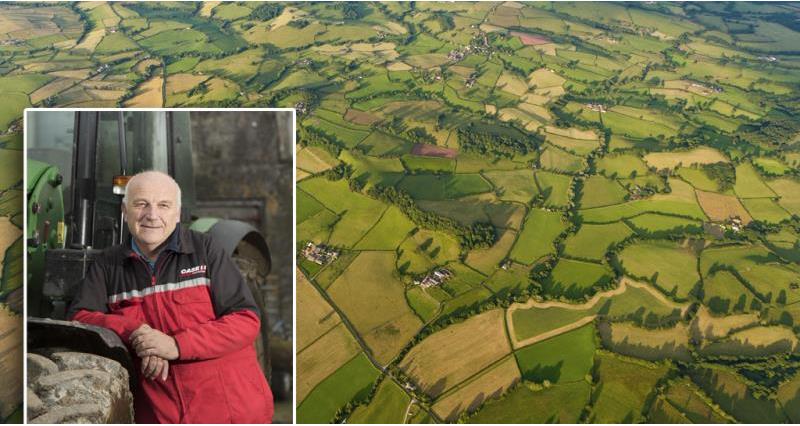The recent local election results saw the Conservatives take overall control of a number of additional shire counties. Will this be a plus or negative for the county farms structure? In the run up to the elections, the government was very keen to emphasis their support for the county farms ethos. Agriculture minister George Eustice requested that discussions around the county farms package be included in the agenda of the next Tenancy Reform Industry Group meeting. Therefore the NFU will be looking to new and existing councillors to embrace the true "long term" value of a vibrant county farms estate within their financial portfolio.
No one doubts the fiscal challenges that face our councils but the recent Defra statistics on county farms clearly demonstrate these holdings can return a value to both the industry and the local tax payer when managed efficiently. The 66th Annual Smallholdings Report shows that for the period 2015-16, a revenue account net surplus of £9.5million was made from smallholdings.
The concept of county farm estates, although already in existence, grew in popularity post World War I. Many were purchased with considerable assistance from the government with a clear view to allow the young men returning from war to go into agriculture and grow food for their country whilst contributing to the local and national economies. The model began to evolve until councils had different levels of holding – starter units up to larger farms to enable progression within the industry. The Agriculture Act of 1970 set out the aim of statutory smallholdings:
‘smallholdings authorities, having regard to the general interests of agriculture and of good estate management, shall make it their general aim to provide opportunities for persons to be farmers on their own account by letting holdings to them…’
Today, county farms offer an important way into farming for those who lack an inherited farm or the capital required to buy or rent from a private landlord.
Sadly, many have suffered from lack of investment by councils over the years and have deteriorated to the extent that councils have seen no other option but to sell them in order to finance other projects and sectors. For the period 2015-16 covered by Defra’s report , 1,048ha of land was disposed of.
As we move into a ‘new world’ post Brexit, we will need young entrepreneurs who will be best placed to drive both our food supply and food security into a world that is yet to be fully defined. As county farm holdings represent one of the very few cost effective entry routes into the industry for the next farming generation, we must ask these newly elected decision makers to embrace its value for the whole of society, taking a long term financial view and ignoring any so-called short-term gain by asset stripping.
We need the vibrancy of the younger generation to take us forward in farming. Food security is set to become a topic in the near future and buying locally with considerably less food miles is an area in which county councils could find true advantages of being part of.
Much is talked about a possible increase in market volatility post-Brexit. As yet we don't really know the truth of these assumptions but a secure long-term plan by the councils will inevitably give some security and comfort to their young progressive tenants. In addition to giving some security to tenants, it will also give some security to its local tax payers from having a sizable financial asset, yielding a good return, growing in true value and providing long term security to any borrowings needed for socially beneficial projects.
Despite recent sales of county farms by some councils, there are others such as Staffordshire CC and Dorset CC who have approached this type of asset in a different way, putting in place clear and workable management plans which encourage good quality new entrants and reward existing tenants. It is these councils that the NFU hope will set an example for those which are struggling with the concept of county farms.
We now see a real move from society to embrace the rural environment and landscape. This should be a crucial balanced workstream of our councils going forward. Councils need to look at how other councils are working with their tenants and utilising the assets within their regions and so realising the many values county farms provide to both the agricultural industry and beyond.
